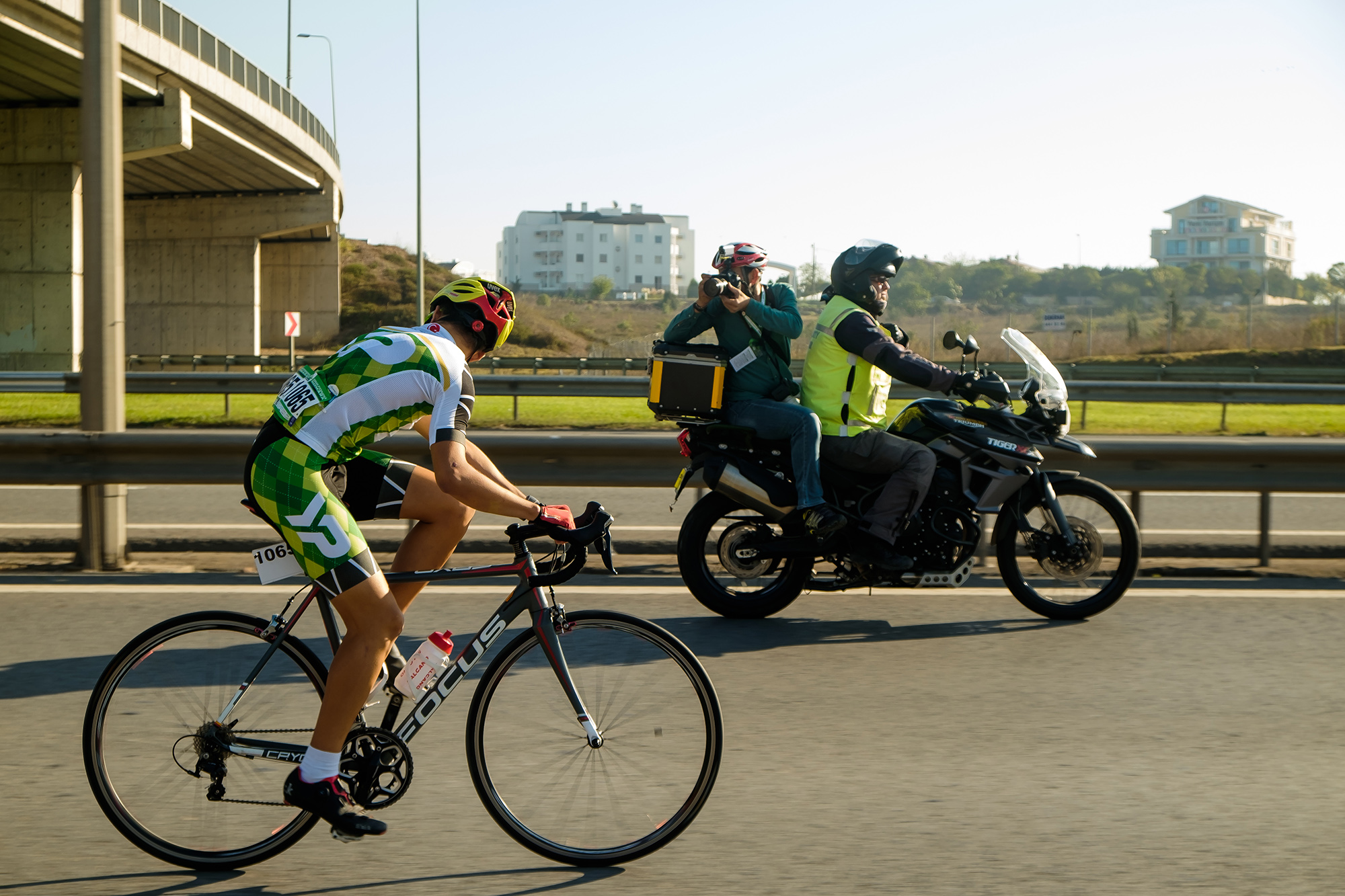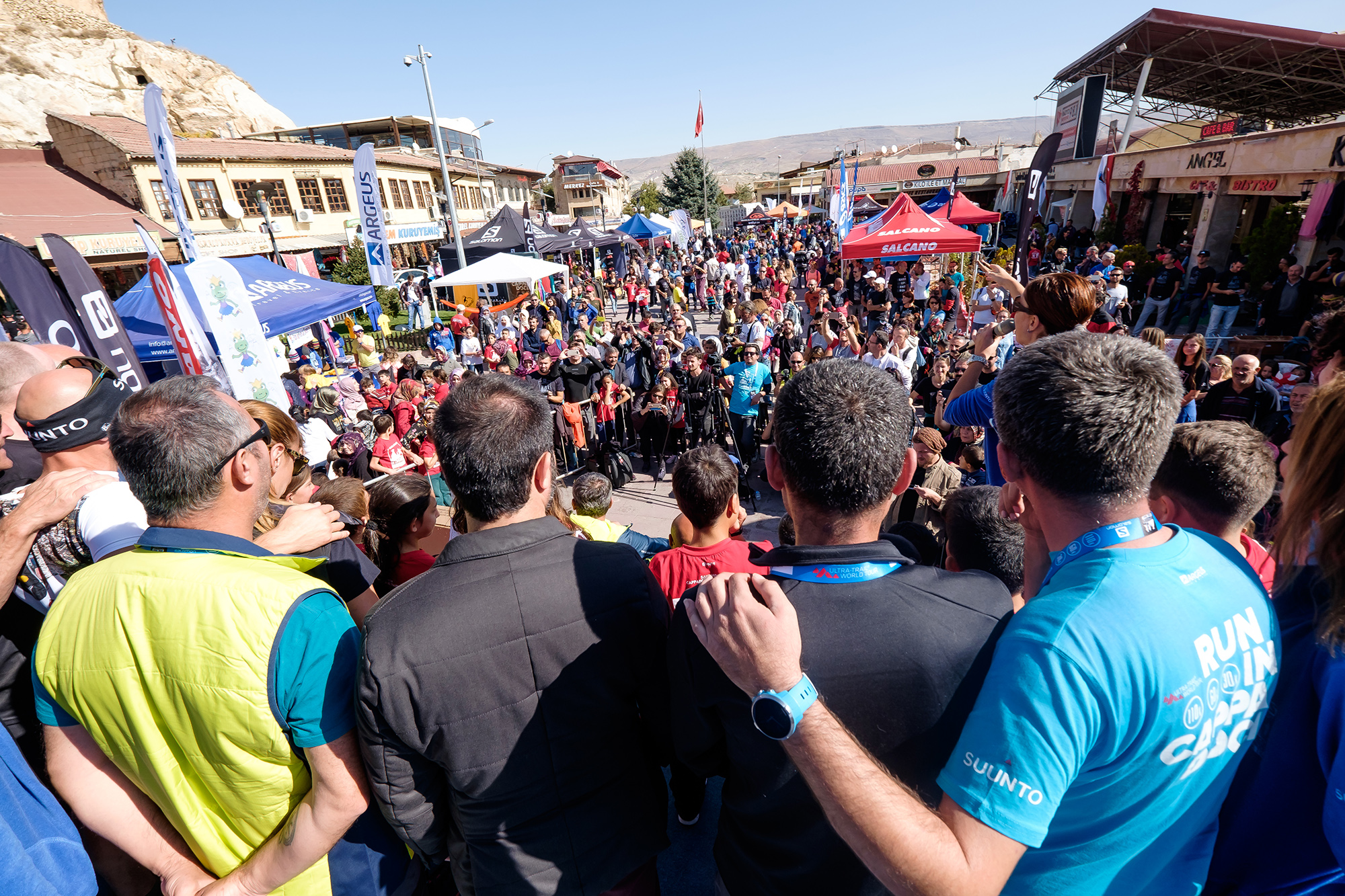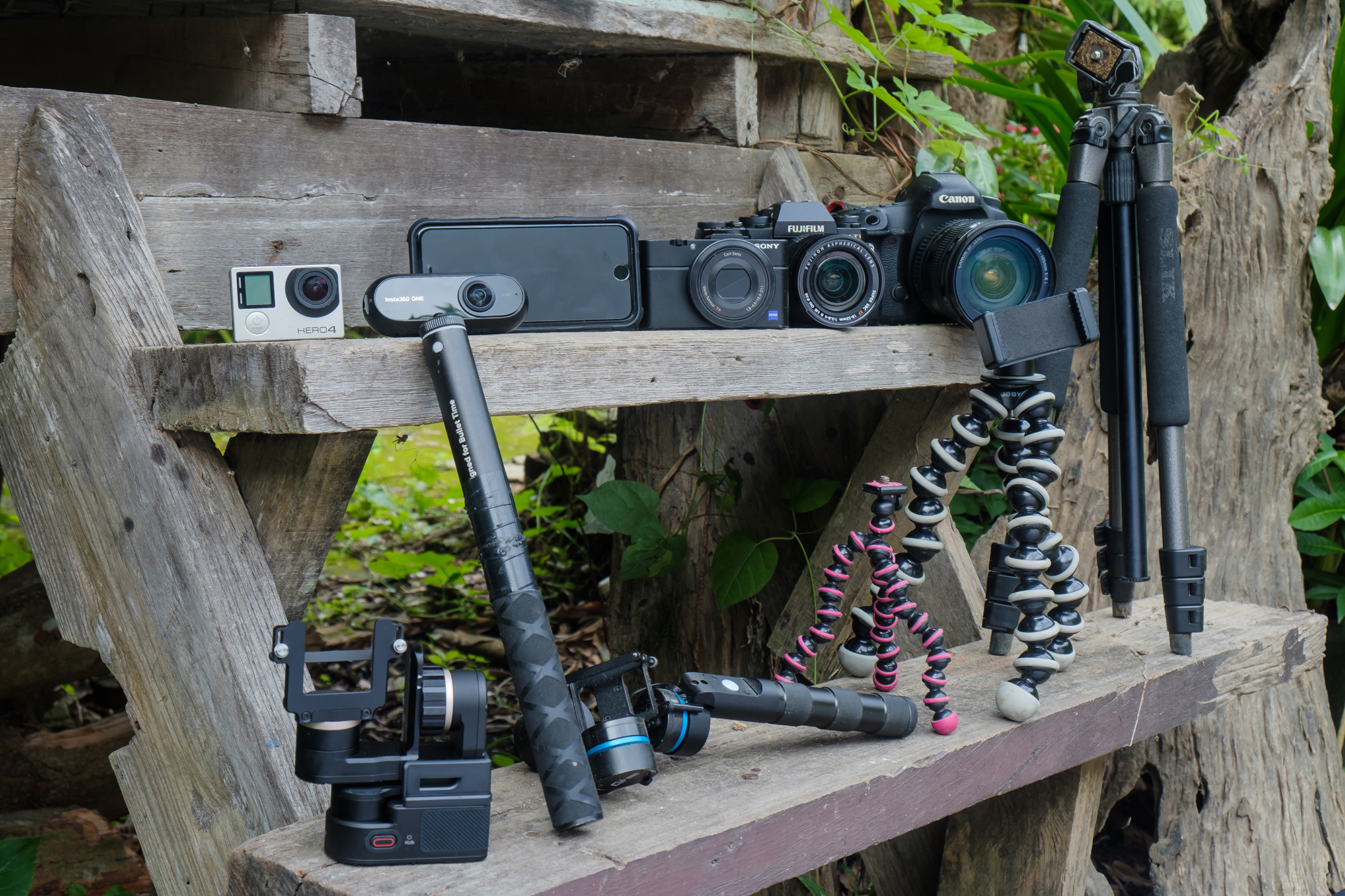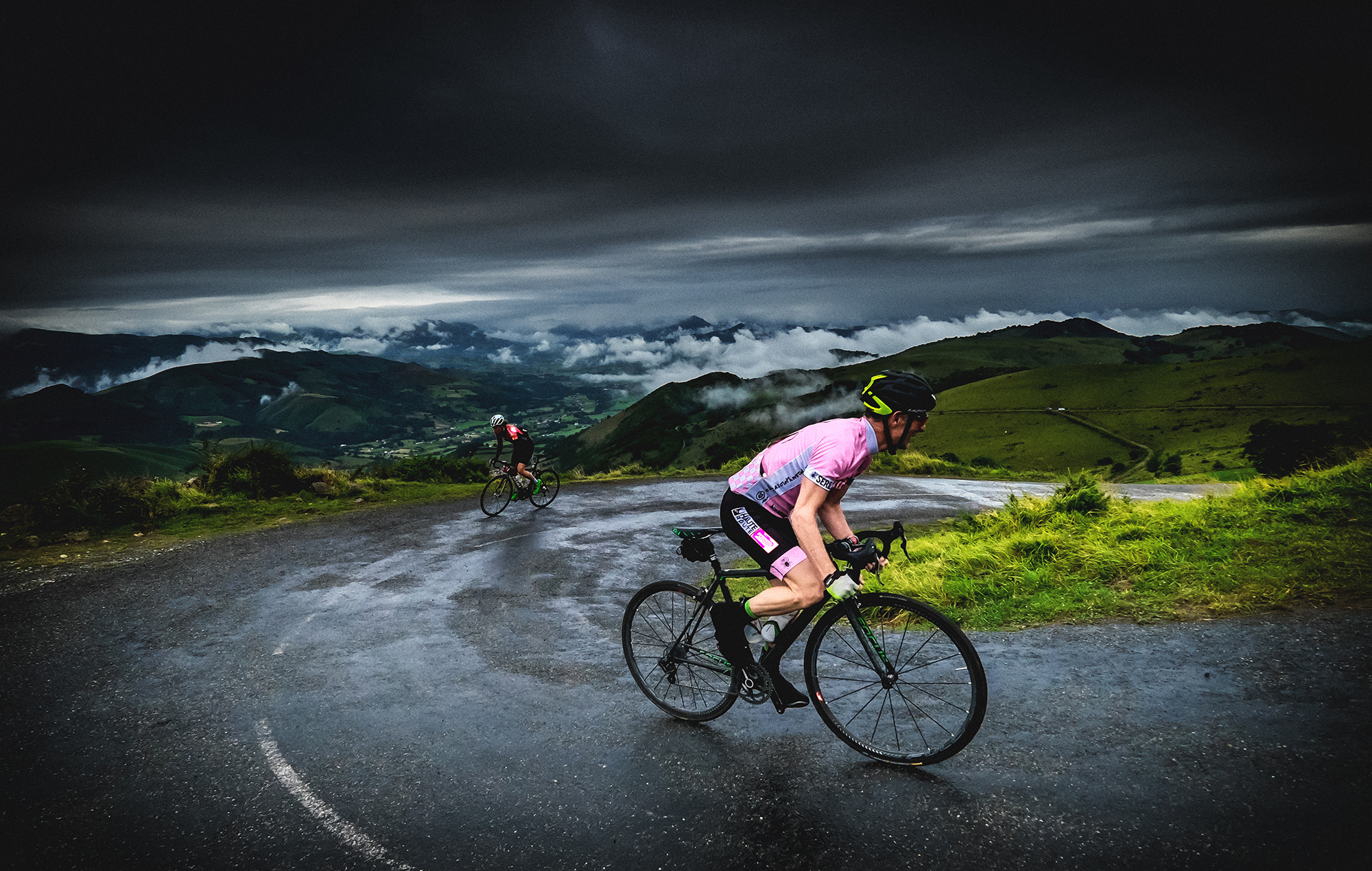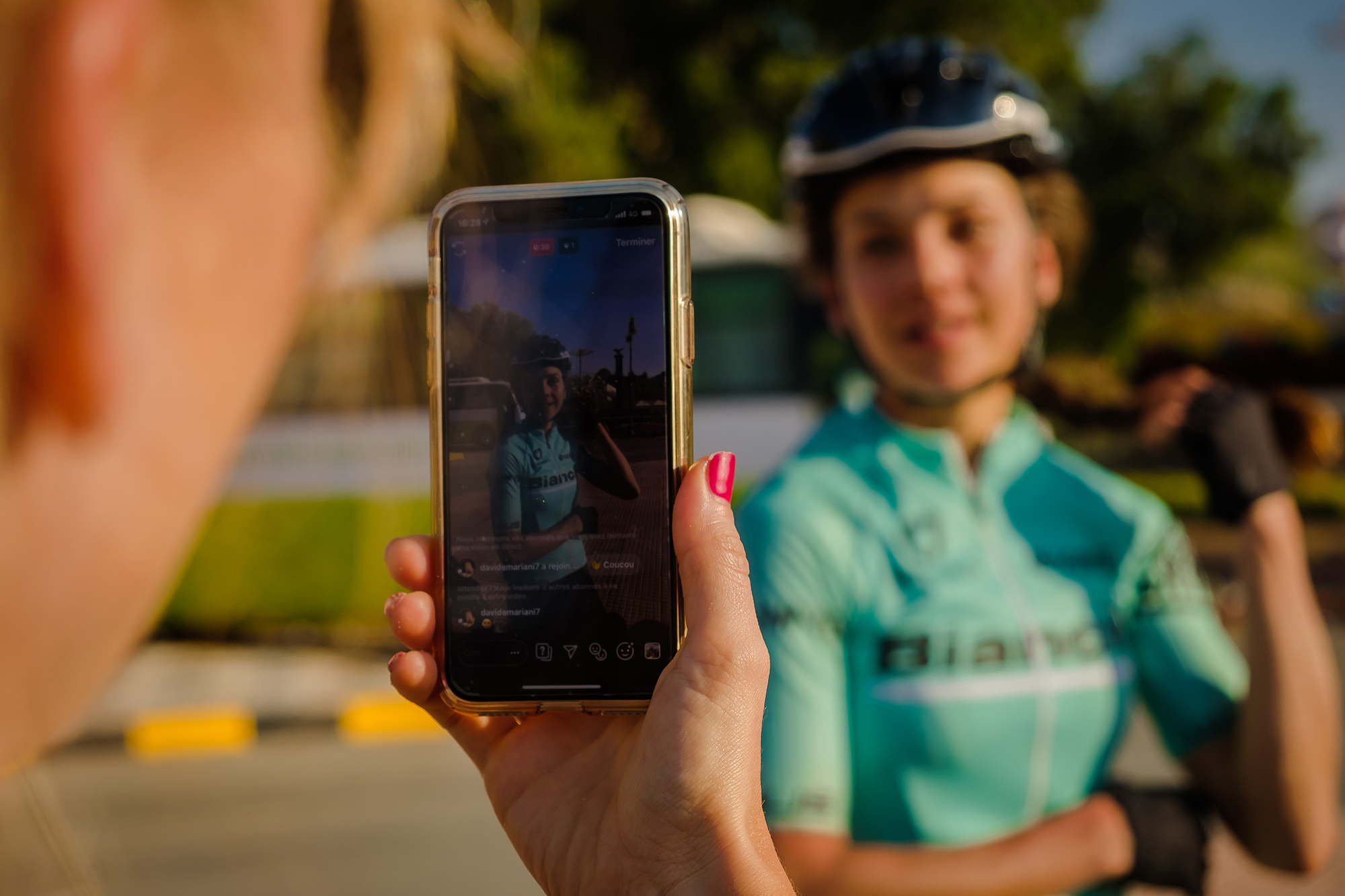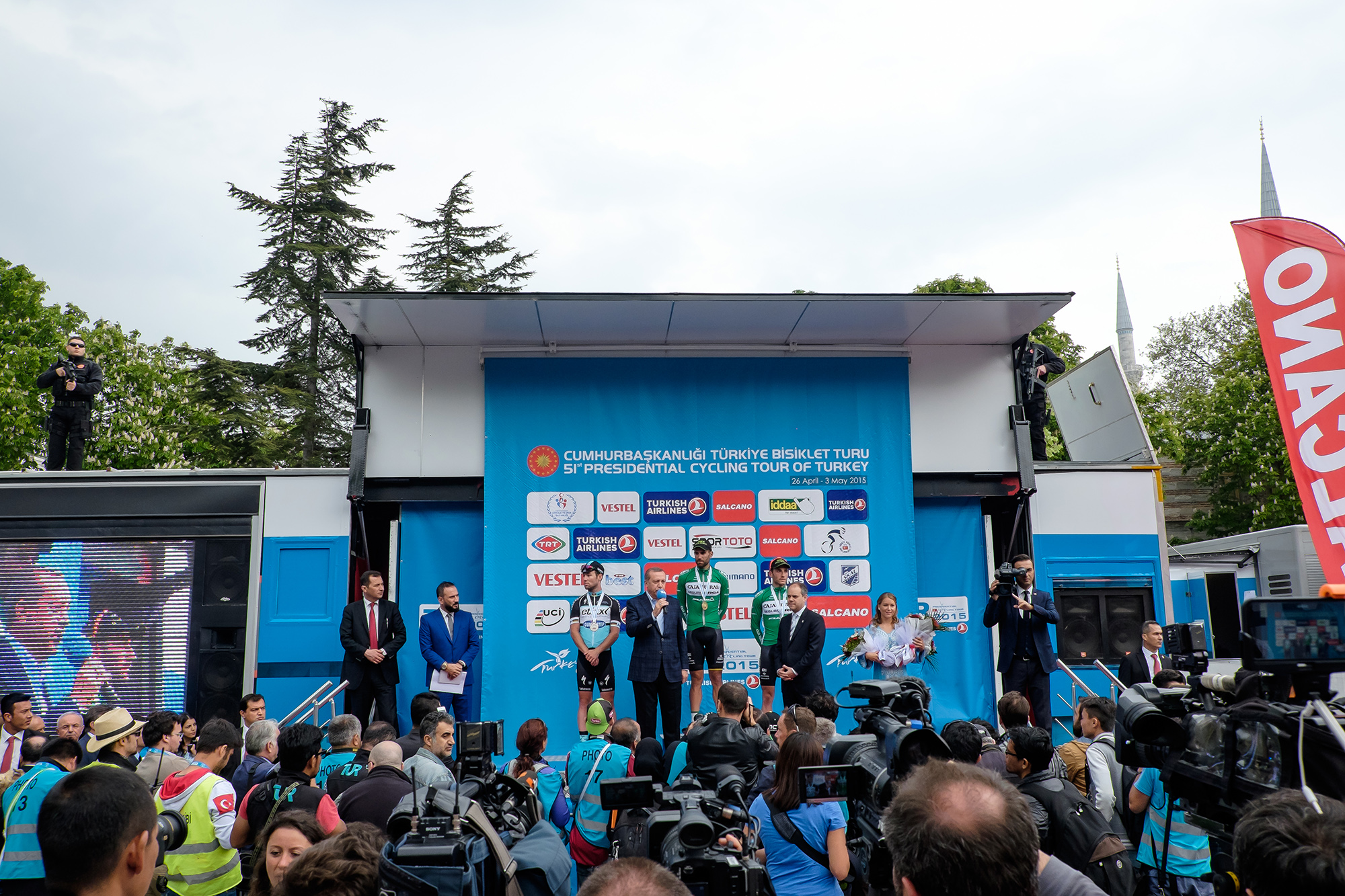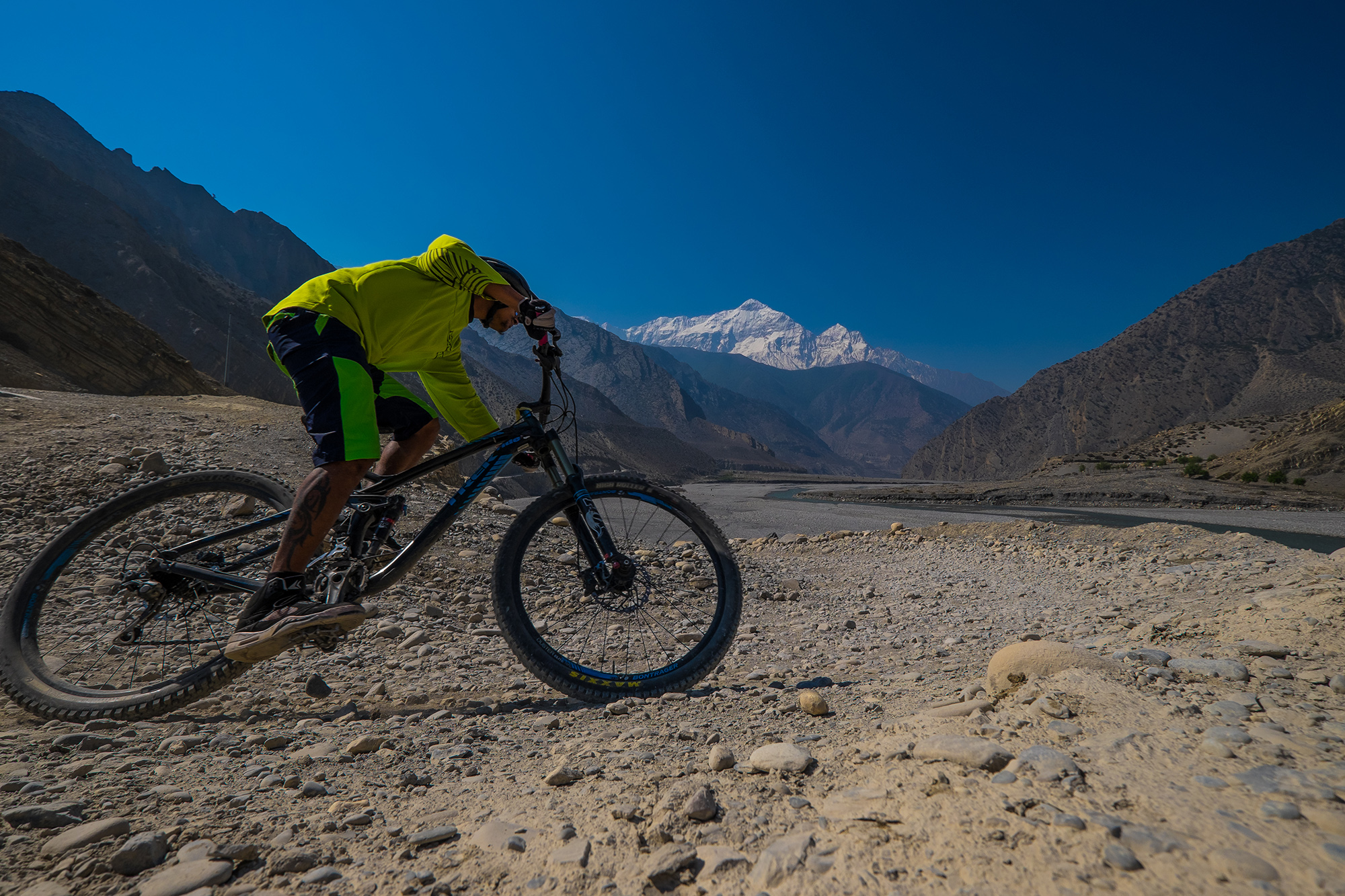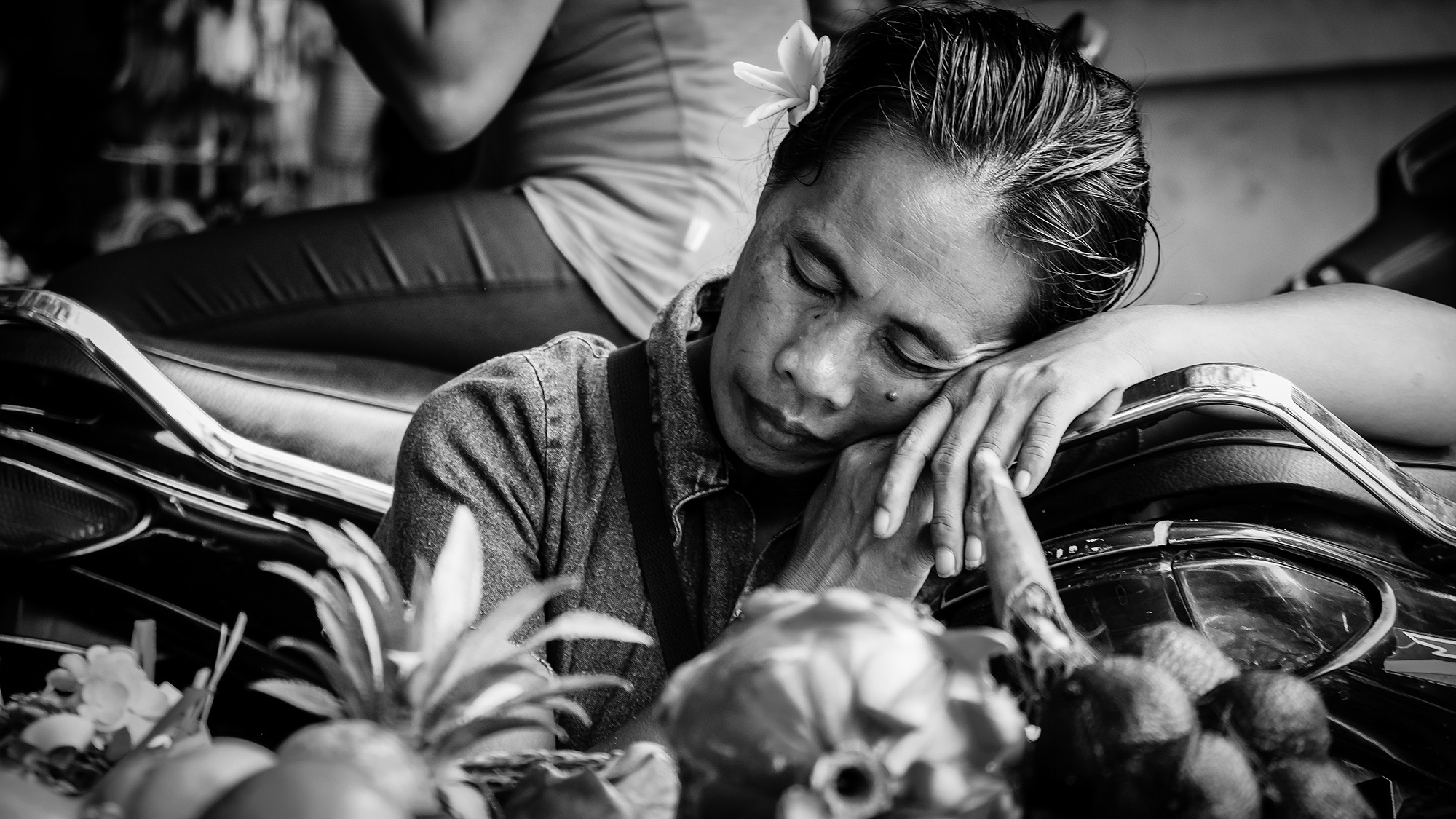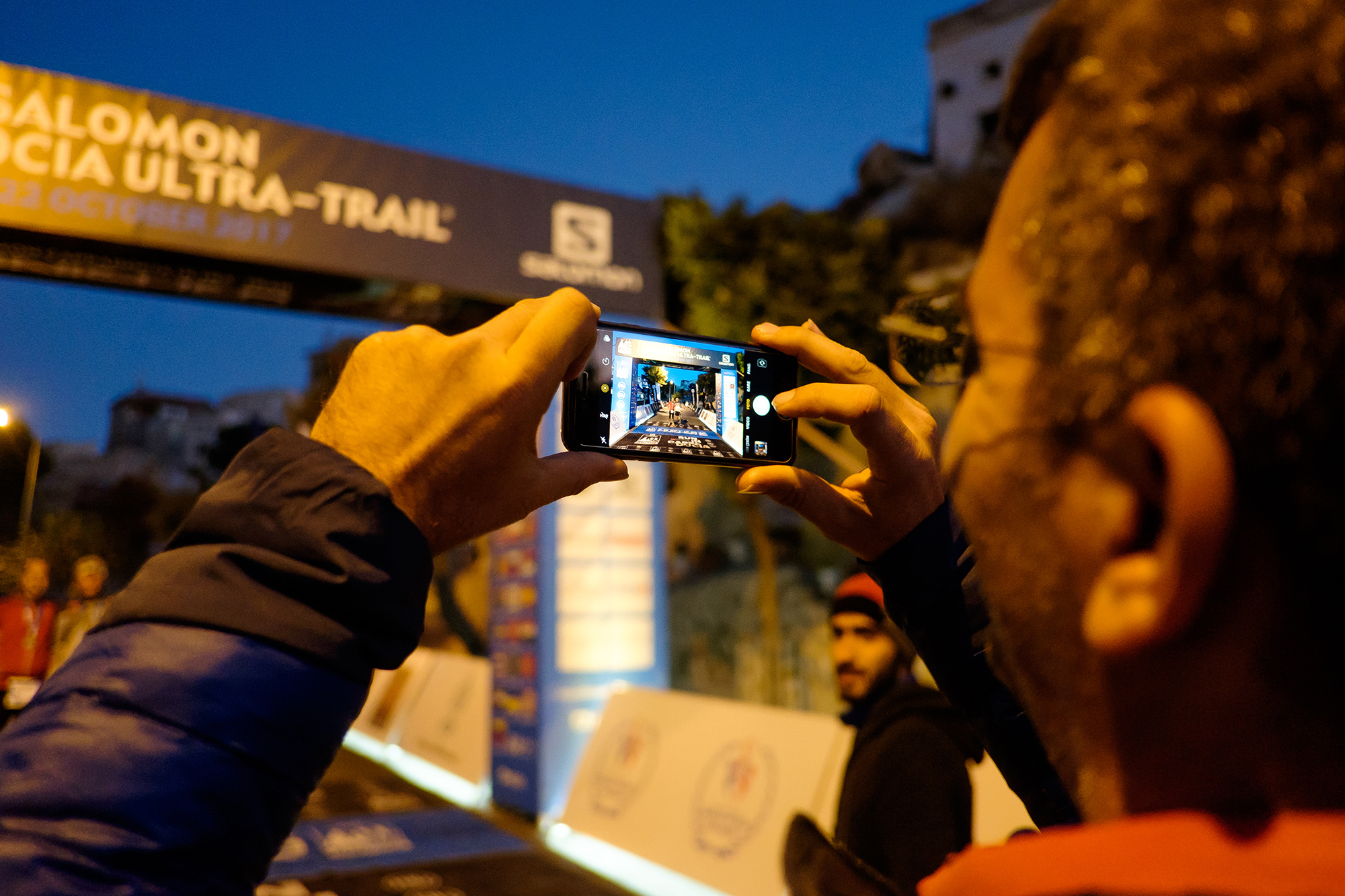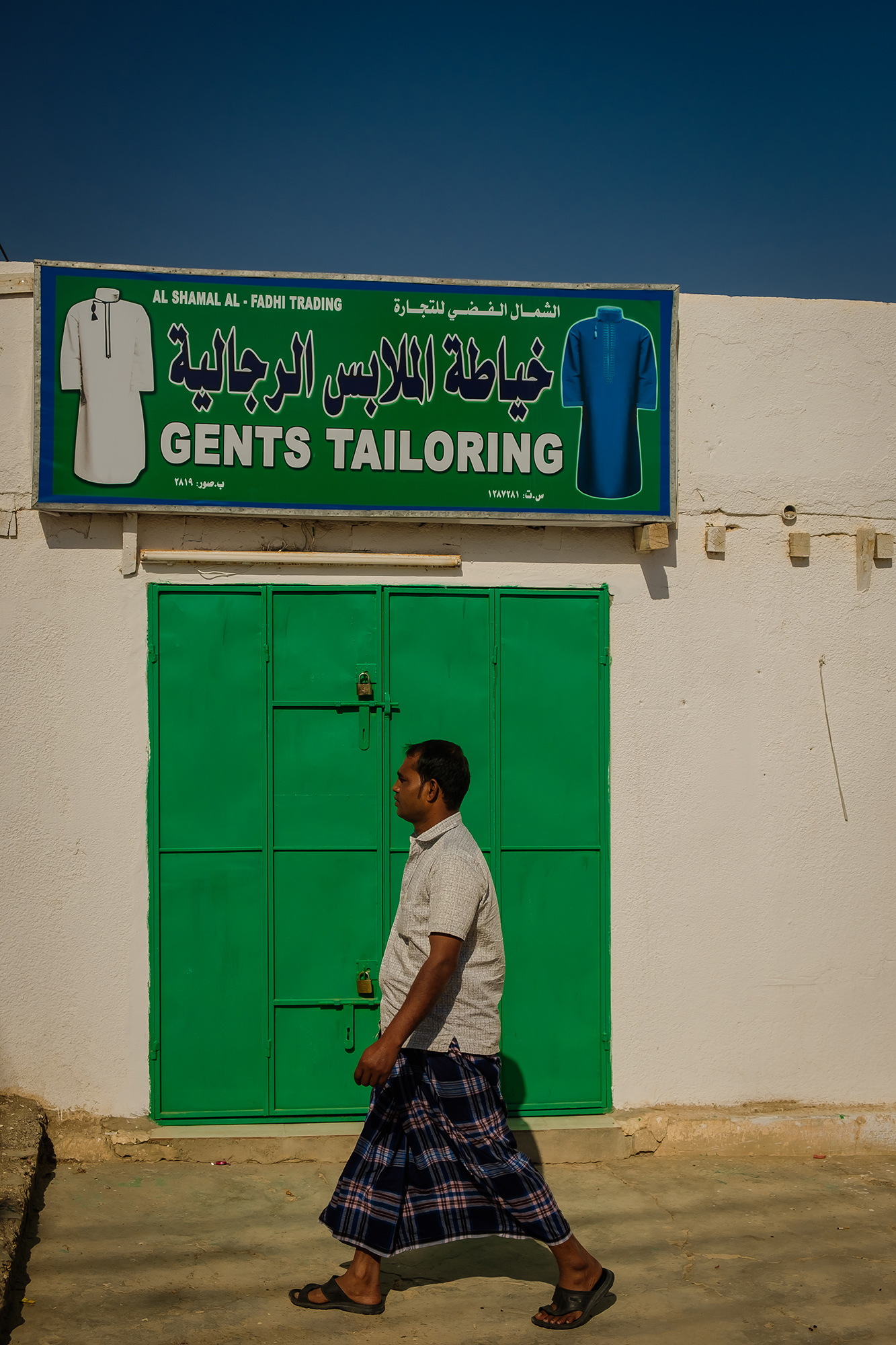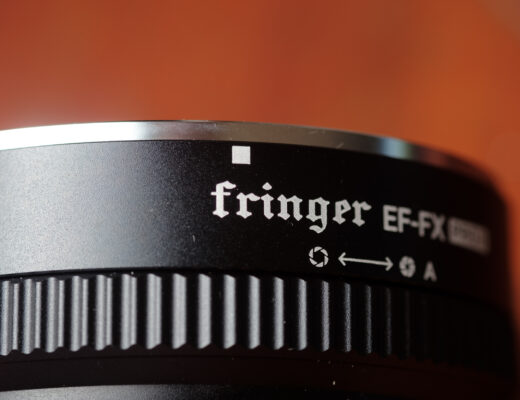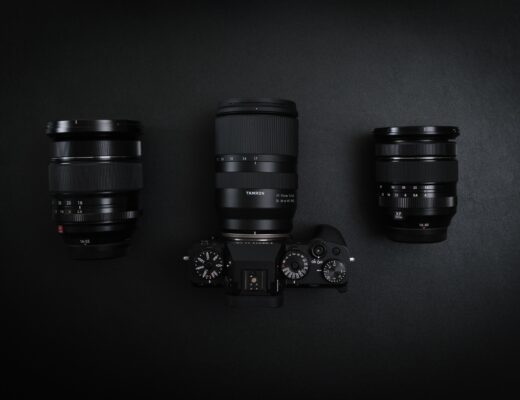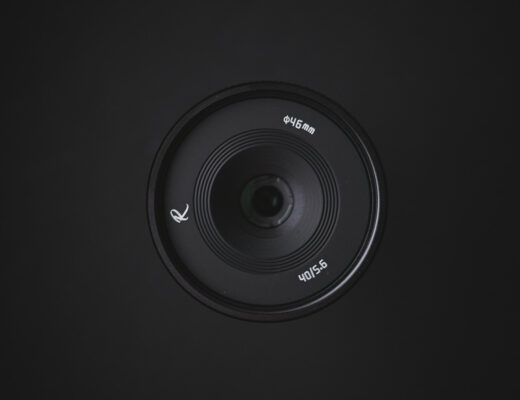The very definition of a professional photographer gets ever-tougher to pin focus on.
It may well sound like a strange question to ask, but when you slow down for long enough to think about things then you might just realise that the answer is not quite as simple as it was a few years back, or indeed perhaps it never was that apparent to some.
What exactly is a professional photographer in 2021? Well, as someone who has made my living from writing and taking pictures for three decades now my off the cuff answer would probably be “an endangered species,” and one without the luxury of protection afforded to many other species.
Most photographers who’ve been around and tried to cut a living from photography for any length of time would probably relate immediately to my response, and with a wry grin, although naturally there are many who would disagree – such is life.
It always surprises (and often disappoints) me as to how some people still define a professional photographer. If you boil it down to basics the first part of the title does strongly hint at the clean and easy answer to the question.
In my opinion a professional photographer is, and always has been someone who earns a good chunk (or all) of his or her living from using a camera. Someone who sells images or gets paid for their photographic services to earn their crust.
Strangely enough, even in this day and age, there are many out there who judge a professional by the size of their equipment or number of cameras in their collection. It’s something that I’ve railed up against many times in recent years, mostly due to my Fuji downsizing and X conversion.
From those who know absolutely nothing about photography right through to established and seasoned professionals there are still plenty who fail to judge a photographer with a tiny X series mirrorless camera and a small lens as a professional. Seemingly they still think that you need a Canon 1DX and a 400mm lens to be considered as a pro, and yes that does still run deep in certain environments.
I have actually lost business on the spot when those “not so in the know” have seen my XT1/2 and then bought from a far less accomplished photographer standing next to me with a DSLR and a long grey EF lens (of which I have many even bigger at home). I’ve also been dragged out of a bike race finish line scrum because of it too, but that’s a whole different story; to some size still seems to equal professionalism, sadly.
Then of course there are those who title and entitle themselves as professionals without ever having sold anything more than $20 a year in micro stock, often proudly flaunting their GFX that captured those images, which simply is not near to being definable as professional. This approach is a big part of the devaluation of photography.
As for the new generation of YouTube photographers, that’s a tough one. There are some very good and talented photo orientated YouTubers and even working photographers out there making videos. There are also many others who open their shows with lines such as “I’ve been a full time professional landscape photographer for 2 years now” and then continue to parade their incomes on the channel, generally showing that they’ve sold nothing at all, and that their fledgling income actually comes from affiliate links or Google AdSense.
I have to admit that I watch many of these guys, some are great entertainers, some very good photographers, and a few do even earn some of their money from selling images and commissions, hence the confusions as to whether or not they are professional photographers or YouTubers. This is something which some get very vocal and irritated by (justified or not). I cannot really answer that beyond my own personal opinions – in that there are some I would term as professional photographers, and others I most definitely would not.
There are also so many differing genres of photography and it’s often hard to tie them together under the same tree. Someone who shoots dead bodies in a pathology lab is most likely a very different kind of photographer to one who shoots weddings or pro ice hockey. However, as they’re all being paid to do so all warrant the professional part of the title, all be it that an extra word added to the definition would probably be appropriate for all concerned.
Unlike with other paid professions (such as with lawyers of doctors) any of us can in theory become professional photographers. There are no letters or certificates required, which is both good in that it means it’s open to all, and bad in that it diminishes the perceived value – we’ve all heard the line “everyone’s a photographer” banded around, if only it were that simple.
Largely thanks to the arrival of the digital era, the internet, mobile devices and the concept of “free” professional photography has been shamefully and continually devalued over the past 15 or so years. It’s long since been at a point where rates and fees have dropped so low in many genres that many now struggle to survive from taking pictures, and many more have simply left the dark from for brighter futures driving an Uber or stacking Tesco shelves.
There are, of course, exceptions to this rule – but not many. In my own ballpark (which is primarily editorial) day rates are less than they were 30 years ago (and were not that lucrative back then), and usage rates have dropped so low that the small change is often not worth scraping up from the publishers floors.
Even so, for many of us, we plough on – as stacking supermarket shelves and flipping burgers doesn’t seem that appealing, even if it potentially does pay more and require less all-round investment.
Strangely enough there are still photo website hosts and even some YouTubers out there reading from rate charts of 90’s high-level fantasy, seemingly without any grasp of what publications actually do pay in 2021.
As for the reality of being a “professional” – well, in order to make a living, and to keep earning, then there’s little doubt that you will at some point have to shoot and do things you really do not enjoy in order to get by. This is even more so the case in recent times, which is far from the motivationally touted “do what you love and you’ll never work a day in your life” bit.
Yes, you may consider yourself a professional landscape photographer, but the reality of paying bills means that you may well end up shooting the self same tins of beans and Cornflake boxes that you could otherwise be stacking on supermarket shelves. The days of multi-week expenses paid Nat Geo assignments to deepest Africa are long since gone (and were always extremely few and far between), fallen into the same pot as Doctor Livingstone did.
Being a professional does in no way mean that you have to be a great photographer either; there are many mediocre shooters out there making a living by simply being consistent, reliable and by selling themselves well – in other words being professional.
There are also numerous superbly talented amateur and enthusiast photographers out there, many of whom would struggle with the realities of having to earn a living from that little black box, and to have to perform well enough to make that happen every single time you capture a paid for image – and understandably so.
Even those of us who do make our living this way can resent that incursion on occasion.
Having come full circle from the opening question I guess my answers are still the same, and I do think that the pandemic has, and is teaching us all to look at things in a different way, whether we like it or not.
Due to being more or less homebound for more than a year now I’ve not actually shot anything of true fresh commercial intent in that whole time, and yet I’ve scraped through, and learned a lot in with it – more so about the ever changing business of photography and the need to evolve (or get out of) in an uncertain world – before professional photographers become the milkmen of the new millennium.


